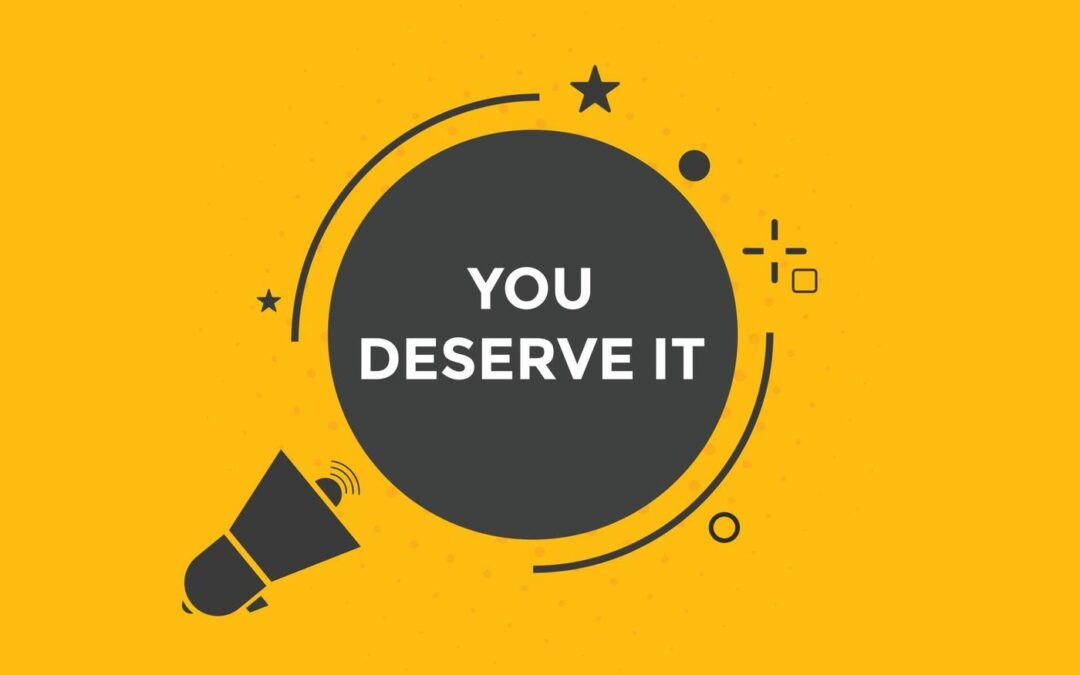The world of work as we know it today, is increasingly fueled by targets, deadlines and achievements. We are in the midst of what can be called the crisis of modernity. And yet we have failed to acknowledge it, let alone work towards changing it. Today, we regard the human body working in clock work to ‘achieve’ and ‘deliver’, as normal. Which brings us back to the age old debate, as old as modernity itself, what then distinguishes us from machines? Two things which make us humane, kindness, and compassion, distinguish us from machines.
About two thirds of our day is spend at our work place. While many of us love our work place, there are many who dread it. While the reasons why one many not like ones workplace could be many, one of the primary reasons is the attitude and nature of the co-workers or colleagues. Many a times, we fail to understand how being sensitive, compassionate and kind, can make a world of difference to the people we deal with in the world of work.
Kindness is genuinely undervalued in the world of work. Many managers and leaders feel that elements of kindness and compassion are in direct conflict with professionalism. One couldn’t be farther away from truth. You can be professional and yet be a kind and compassionate human being. In fact, your productivity and work life balance are influenced a great deal by how happy you are in your work place. What are the three most simple things that you can do to practice kindness at work? Here they are –
Listen
When someone speaks to you, listen. And not with your mouth so you can respond or react. Listen not just with your ears, but also with your mind. We mean listening not just in the effective communication sense, but in this case more in the humanitarian sense. Listen out of kindness. One example could be a form of miscommunication between you and your subordinate at work relating to non-achievement of established goals. The conclusion you see is that the work has not been done, however, give your colleague a chance to explain why the work hasn’t been done. Unless you listen, you will not know whether the reason was valid or not. More importantly, unless you listen, you will never know how you end up hurting someone who is already in a tough place. This has a direct effect on the productivity of the employee.
Reset when Angry
It is not easy to stay calm when things get chaotic at work. At times like that it is our individual responsibility to take charge of our own anger. Emerson said it best, “for every minute you remain angry, you give up sixty seconds of peace of mind.” However, it is not only your peace of mind which gets affected, but also of those around you. When you are angry, even the smallest of errors can provoke unnecessarily exaggerated reactions – which you may regret later. More importantly, your reaction might pull someone down in a way you may not even have imagined.
Every time you feel angry and find that the anger is about to be directed at someone, reset. What does reset mean? It means go away from the issue, do something that brings you back to normal, and then look at the issue again. Allow a cooling period before you react or respond. If all us could put this into practice in our daily lives, and in the world of work, it would indeed be a much better world. While we can’t claim responsibility for everyone, we can at least do so for ourselves.
Smile
You would be surprised how therapeutic a smile can feel for someone who’s having a tough day. That one tiny gesture can make a world of difference in just saying, “it’ll all be alright”, or “it is going to be alright.” They don’t lie when they say, ‘you never know how your smile can brighten up someone’s day.’
We came across a lovely post on The Balance, on “Random Acts of Kindness at Work“. And here is a list of what our favorite random acts of kindness are, from the article –
- “Bring your coworker a cup of coffee when she looks like she needs a pick-me-up.
- Share your mid-afternoon snack with him or if you don’t want to share, bring an extra one (everyone gets hungry a couple of hours after lunch).
- Buy your coworker her favorite iced cold beverage on the first warm day of the year.
- Offer to stay at work late or come in early to help a coworker with a difficult project (don’t wait to be asked).
- Praise him for a job well done. No one can get too many compliments.
- If you see someone is about to make a mistake, try to intervene to prevent it.
- Offer unsolicited advice, especially to a new colleague who seems to be floundering.
- Stop others from spreading a rumor about someone.
- If you see something you know your colleague will absolutely love, a book about a topic in which he’s interested for example (nothing too extravagant), get it for him.
- Include a less experienced colleague in a meeting or on a project that can help her grow.”
And these ones too!
- “Invite him to join your lunch group especially if he doesn’t have many workplace friends.
- Stop by her desk to say good morning.
- Stop by his desk to say goodbye.
- Hold the (otherwise unoccupied) elevator while your colleague runs back to her desk to get something she forgot even if you’re in a hurry to leave the building.
- Praise her to the boss who may not realize how hard she’s working.
- Offer to mentor an inexperienced coworker. Many people are too shy to ask or may not even think of it.”
We are often so caught up in our busy work lives that we forget people who work tirelessly, round the clock, putting in longer hours than us and surely receiving lesser incentives than us, to make our jobs easier. Some time ago, we wrote this post on Gratitude for People Around us At Work, and this post seems like a perfect reason to revisit it again.
Would we be able to spend a day at work without coffee? Doesn’t all hell break loose when there is no Wi-Fi even for a few minutes? God help us if the IT guy chose to take a leave on the very same day! This post is about 5 such people at work, who are definitely way more important than we give them credit for! Being grateful, and being kind, go hand in hand like nothing else!
One kind act a day, sure does keeps the blues away!





